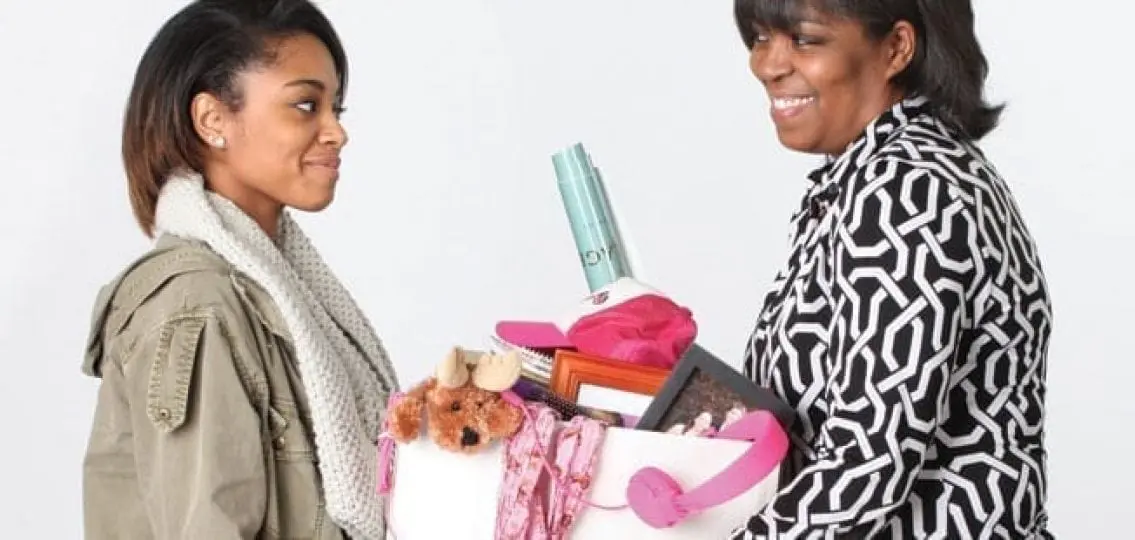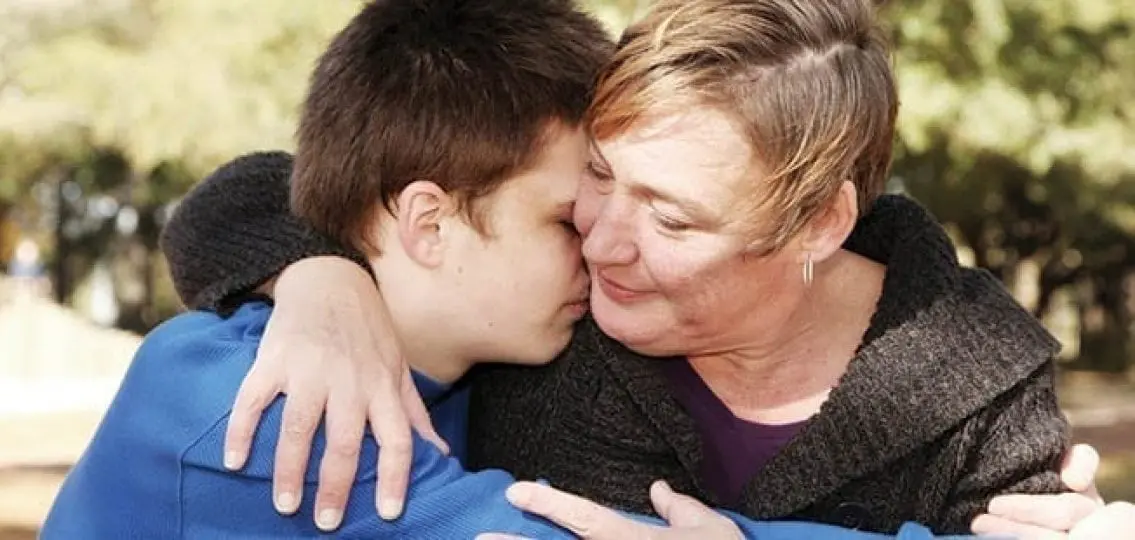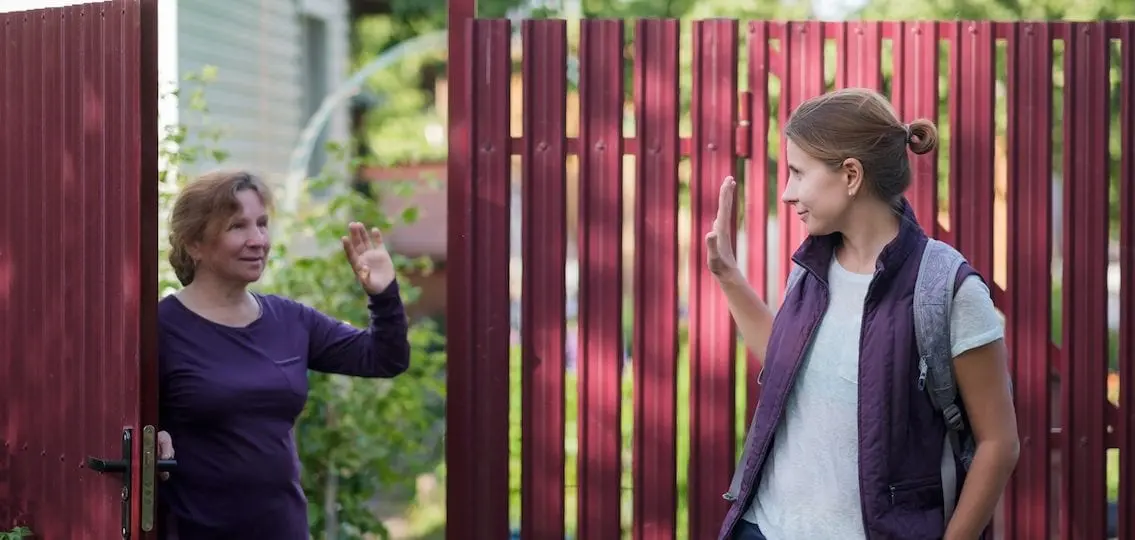We are told we need to let go as our children get older. But letting go is a long process; we don’t just close the door when they turn 18. It takes many years, and there are many stages.

In adolescence, the shift begins. Your child may not be your best buddy who hangs around with you all the time. The conversations about daily occurrences, questions and wonder start to slow down.
Next, the time you spend together as a family changes. Sports and extracurricular activities start to take precedence, and there is increased importance for your teen to hang out with his friends.
Then, the “double life” of a young teen may start—the life we as parents hear about and the other one about which we know little. Teens want and need some privacy and freedom—which means they tell us less, have more secrets, and even lie to create space for themselves. As they push for control and independence, our ignorance of the ins and outs of their days, their friendships, and how they are feeling can be hard and worrisome. We hear stories from other parents and get concerned about their choices.
As parents, we try to hold on as best we can.
We can encourage our kids to hang out in our homes, try to get to know their friends better. We can insist on family dinners and attempt to keep tabs on their schedules and social life. But no matter what, the relationship changes.
As our teens age up in high school, letting go is even scarier. We allow them to drive, date, and maybe also work part-time. New issues continuously pop up for our kids—like getting in a serious relationship and the pressure to have sex, experimenting with drugs or alcohol, staying out later—and just being a little more adventurous.
It is tough to accept that we are no longer able to protect our teens from some of life’s dangers. We still have influence and set family rules based on our own values, but our ability to make these choices for them is minimal at best.
So we hope and trust that we have prepared our kids to understand and manage these new risks. And that can seem like a big leap of faith.
How to Let Go
There comes a time when we have to let go of the reins so your teen can learn how to use them by himself.
Start small.
Starting slow is okay. First, allow your teen to take on some new decision-making responsibilities about school schedules or social plans. Let them use all of the knowledge you’ve imparted by extending some trust. When possible and not an issue of safety, support their choices—even when you disagree—so they can make mistakes while still having a support system available to help them recover.
Let them fail.
Teens often need to learn the hard way by paying for the consequences of their decisions. Let them stumble and persevere as much as possible because from here the changes roll on with college or leaving home to live apart from the family.
Be available.
By the time your teen hits senior year, we as parents need to stop being managers and become mentors. Our job is to be available for advice and guidance as opposed to authority figures and caretakers. We don’t get to assert too much authority anymore, but we do have to be available for advice and guidance. We aren’t abandoning them; instead, we are allowing and encouraging our teens to learn how to live independently.
Our job is to stay meaningfully connected and available to our teen as they try to move on from childhood. While it can be heart-wrenching and terrifying, by letting go with love and respect, hopefully, our teens will continue to remember that we are in their corner.

And it is also the best feeling in the world when your child successfully launches into the next part of their life. Your heart will burst when you see them happy, engaged and making good decisions—when you watch them become who they were meant to be.




